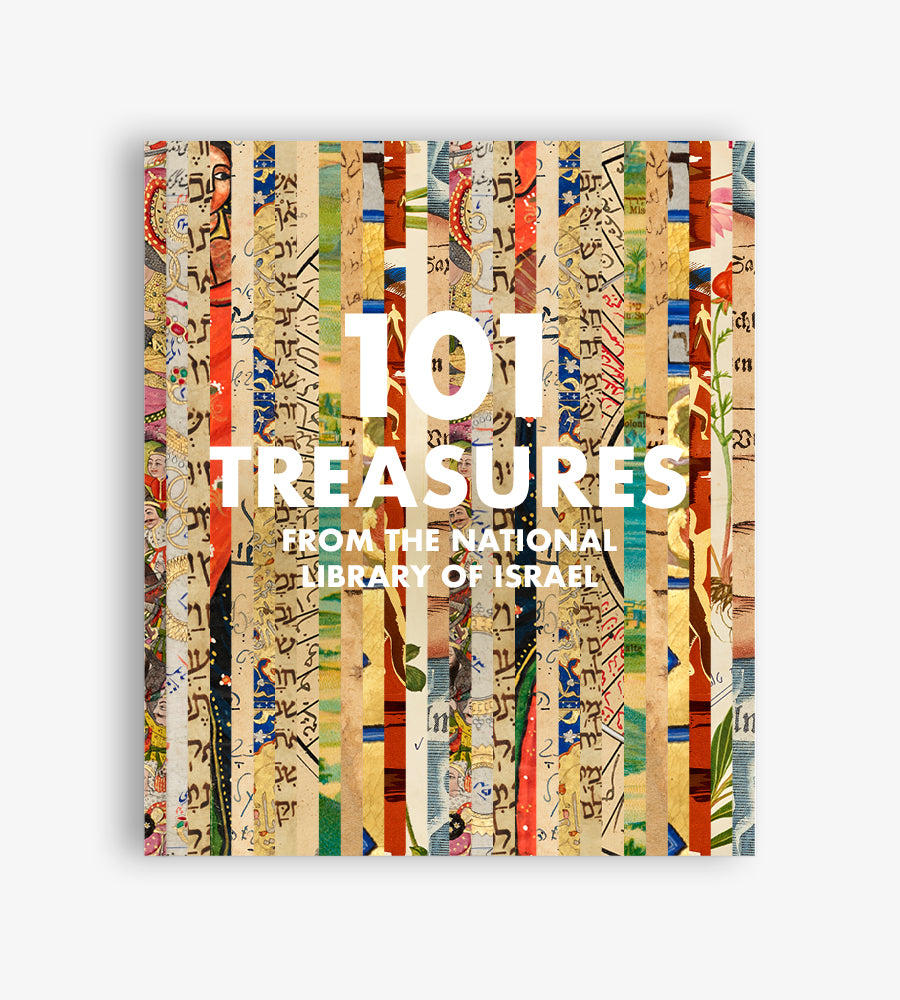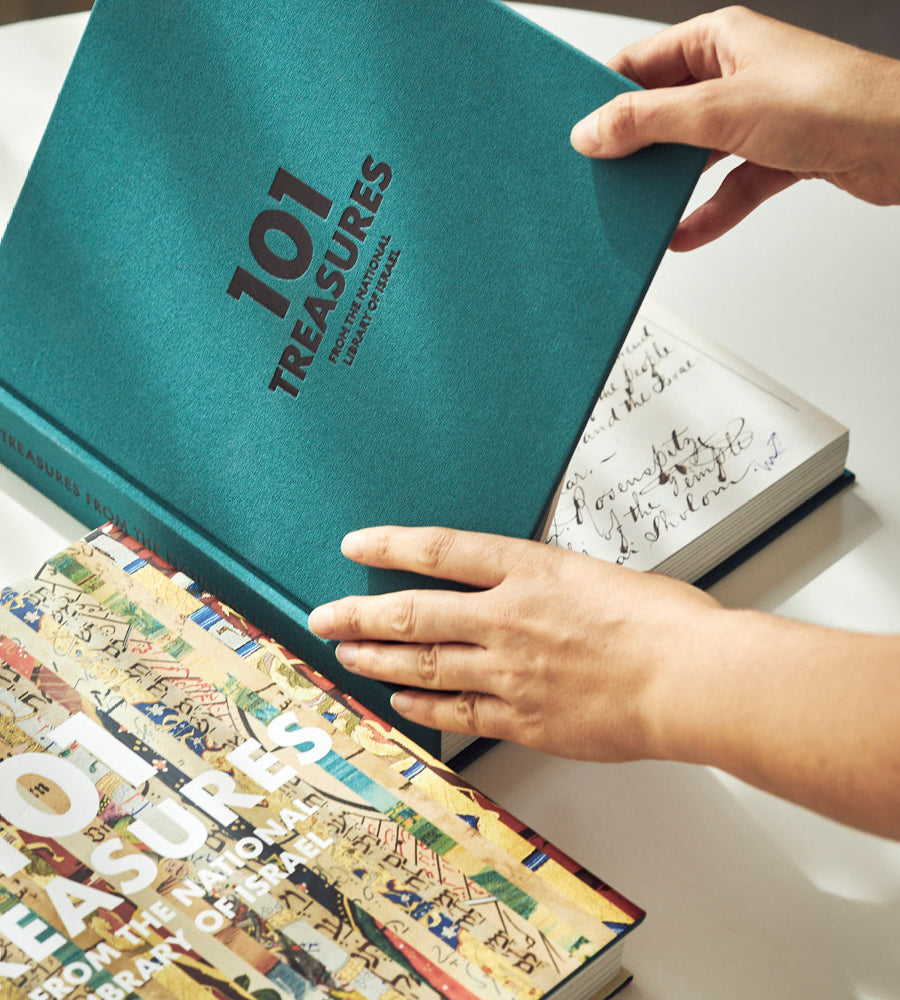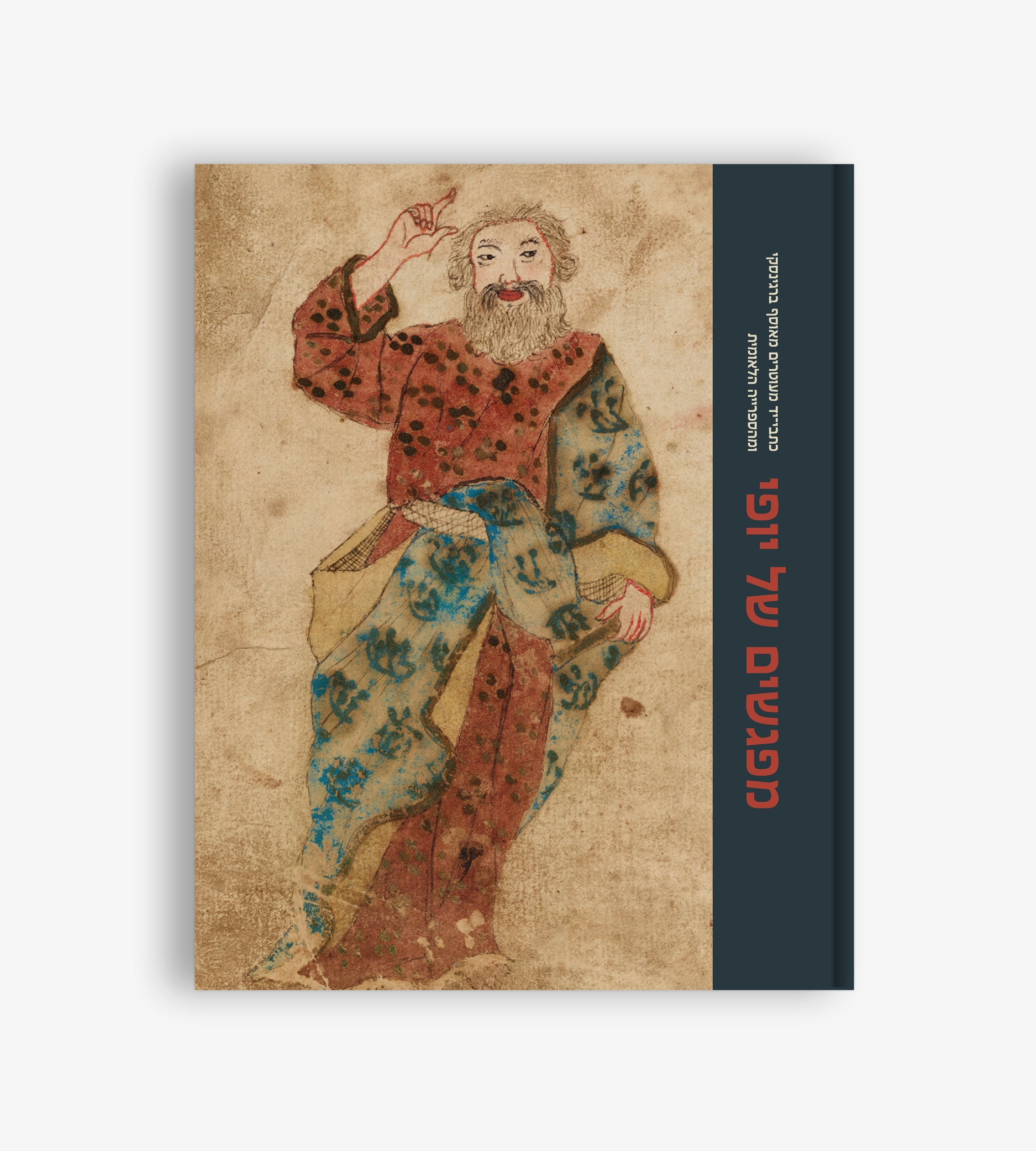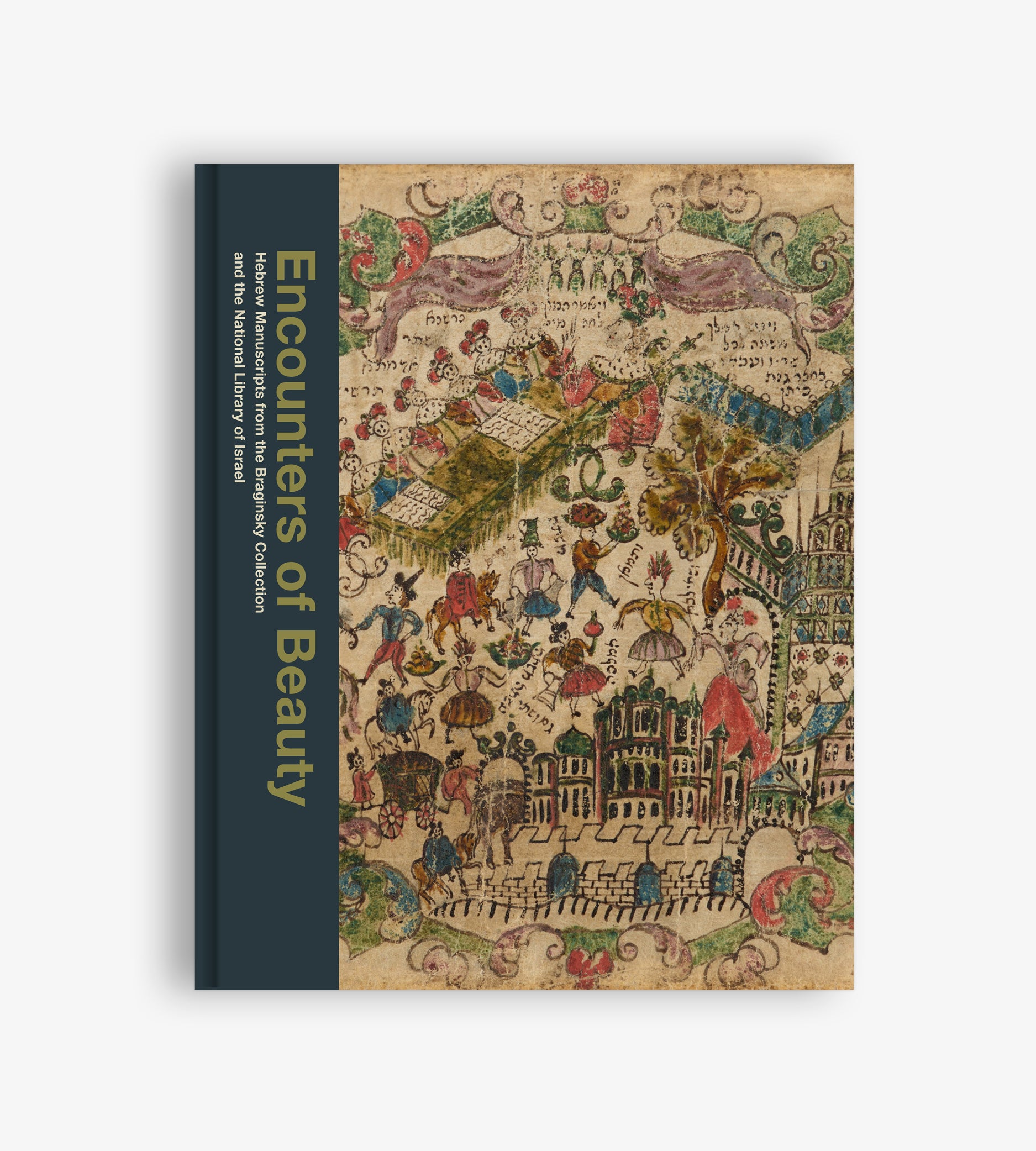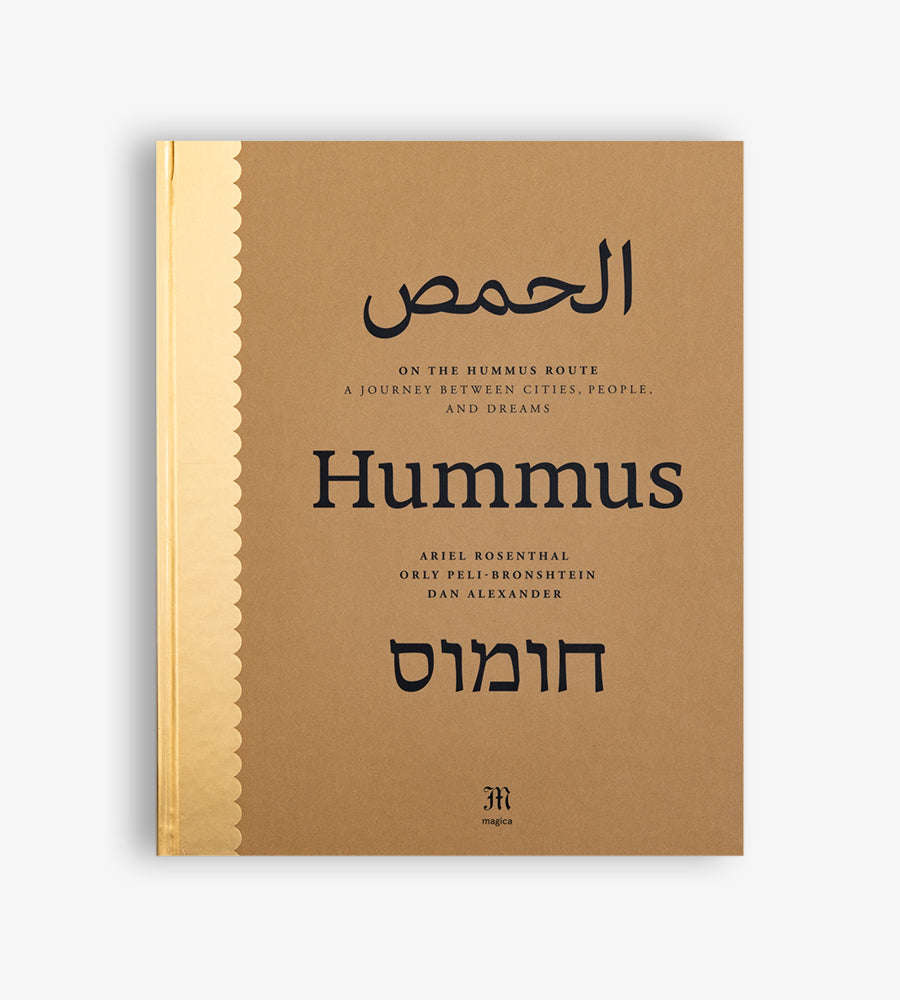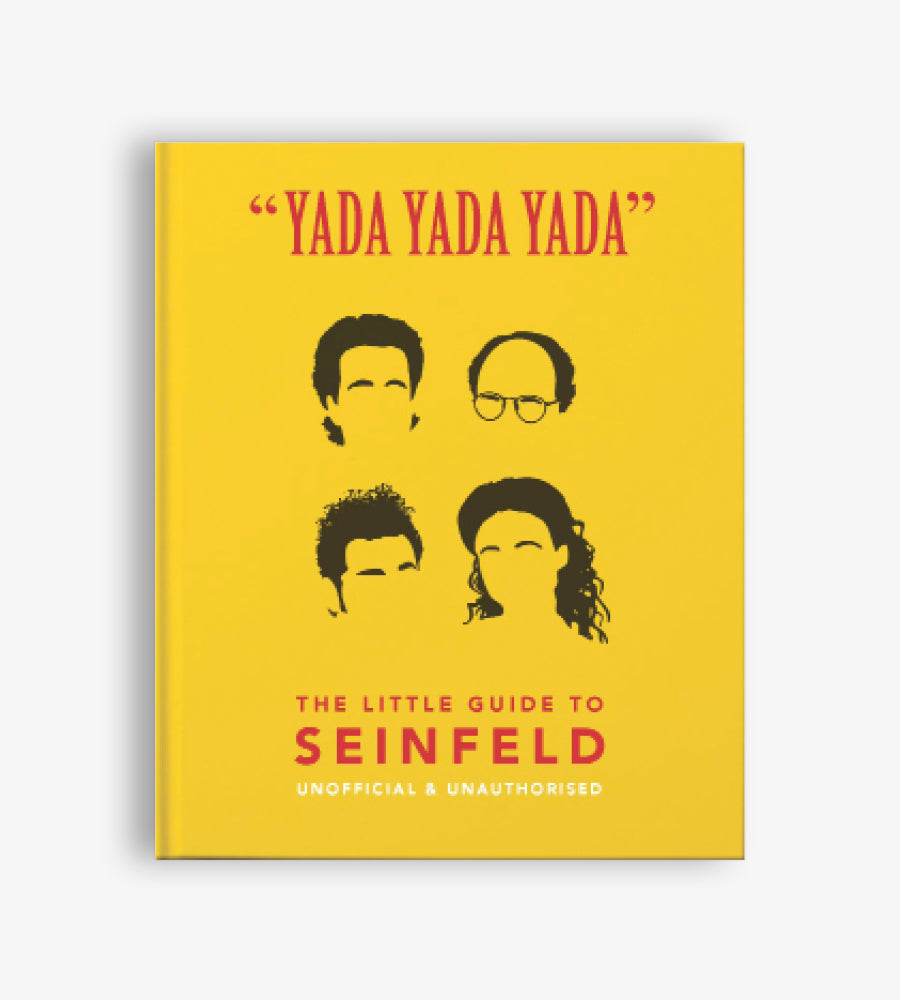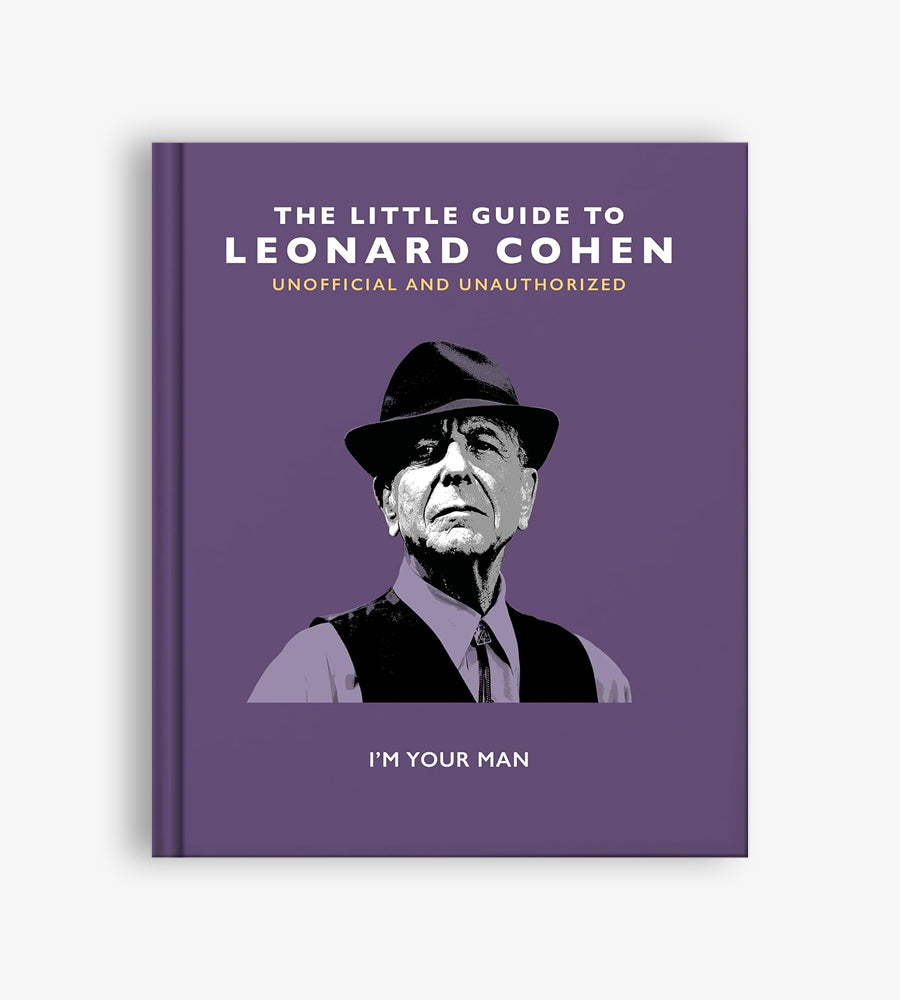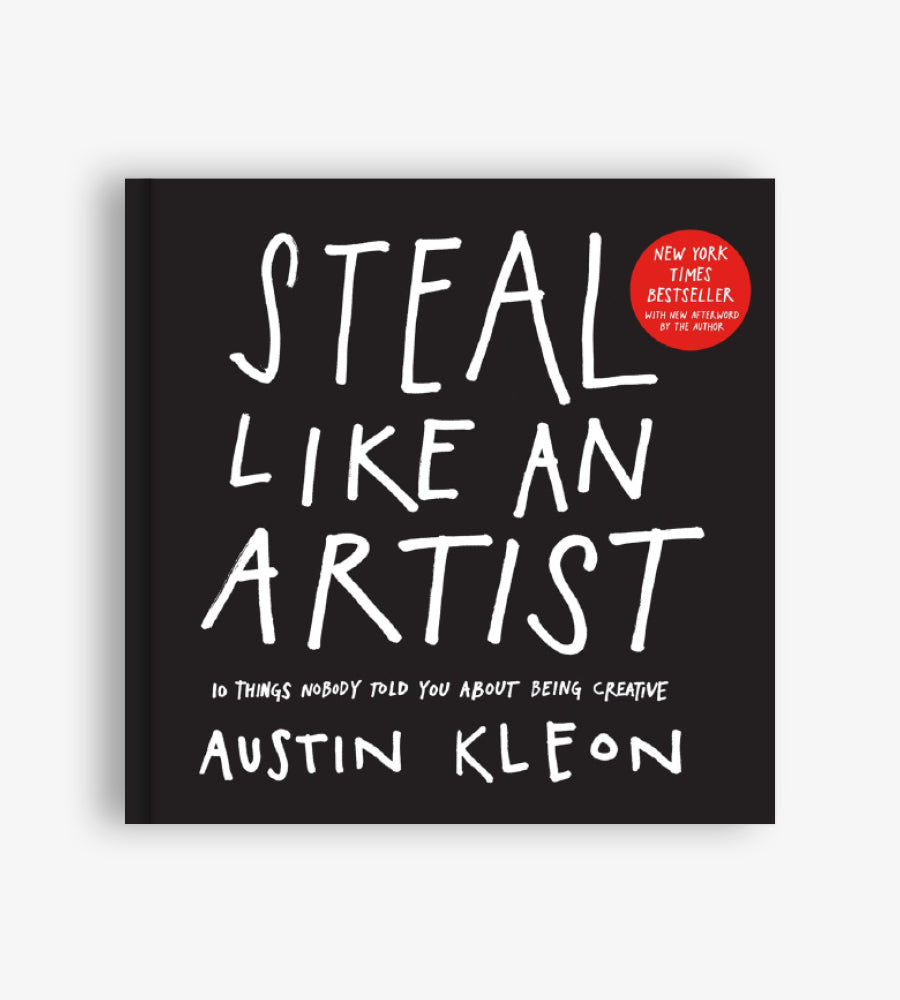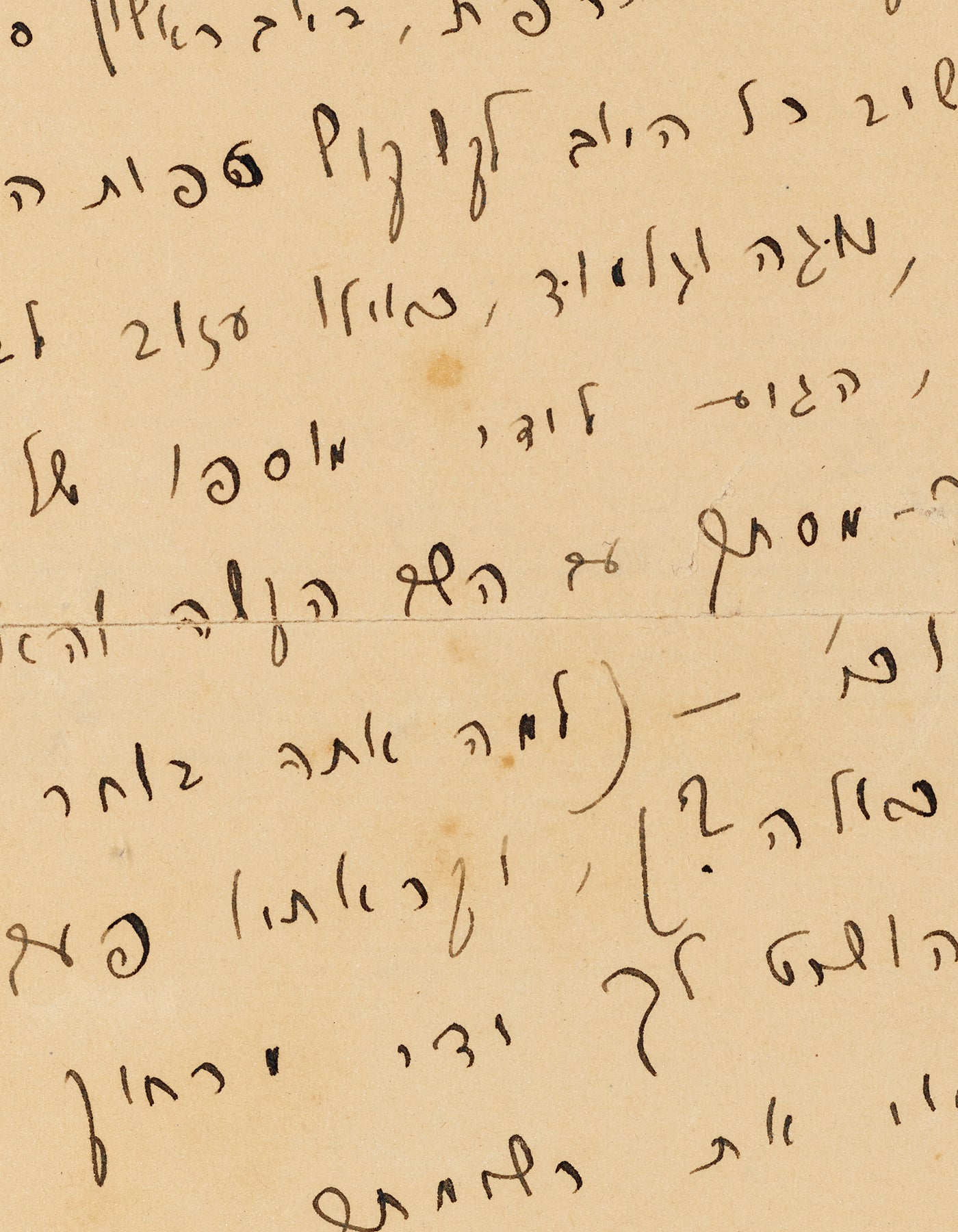
Friendship over Politics
Yaron Sachish

Shut away in his hotel room during a trip to Europe in October 1927, David Ben-Gurion (1886–1973) described his mood in a letter to the poet Uri Zvi Greenberg (1896–1981):
Ben-Gurion, then leader of the Labor movement, would go on to become the first prime minister of the State of Israel. Greenberg, who would later be recognized as one of the greatest Jewish poets of the twentieth century, disengaged from the Labor movement, switching over to the political right and becoming one of its sharpest voices. Greenberg blamed the leadership of the Labor movement for losing sight of the vision of the pioneers. He also accused them, after the 1929 riots and the Hebron massacre, of treason, cowardice, and collaboration with the British rule.
However, dozens of letters between the two in the National Library’s Uri Zvi Greenberg Archive attest to their ongoing closeness and affinity. The political rift did not lead to a rupture in the two men’s lifelong friendship. While Prime Minister Ben-Gurion enjoyed maligning members of the right-wing Herut Party, he never attacked Greenberg, who was its representative in the first Knesset. Greenberg himself always respected the prime minister, even if he disagreed with him, and continued regarding him as the only individual fit to lead the nation.
In his diary, Ben-Gurion noted a meeting with Greenberg on August 24, 1965. Worried by the look on the poet’s gaunt face, he gave him a check for 2,000 lirot (equivalent to $5,500 today) from his private account. Greenberg, wishing to preserve his independence, never cashed the check, which remains untouched in the archives.


